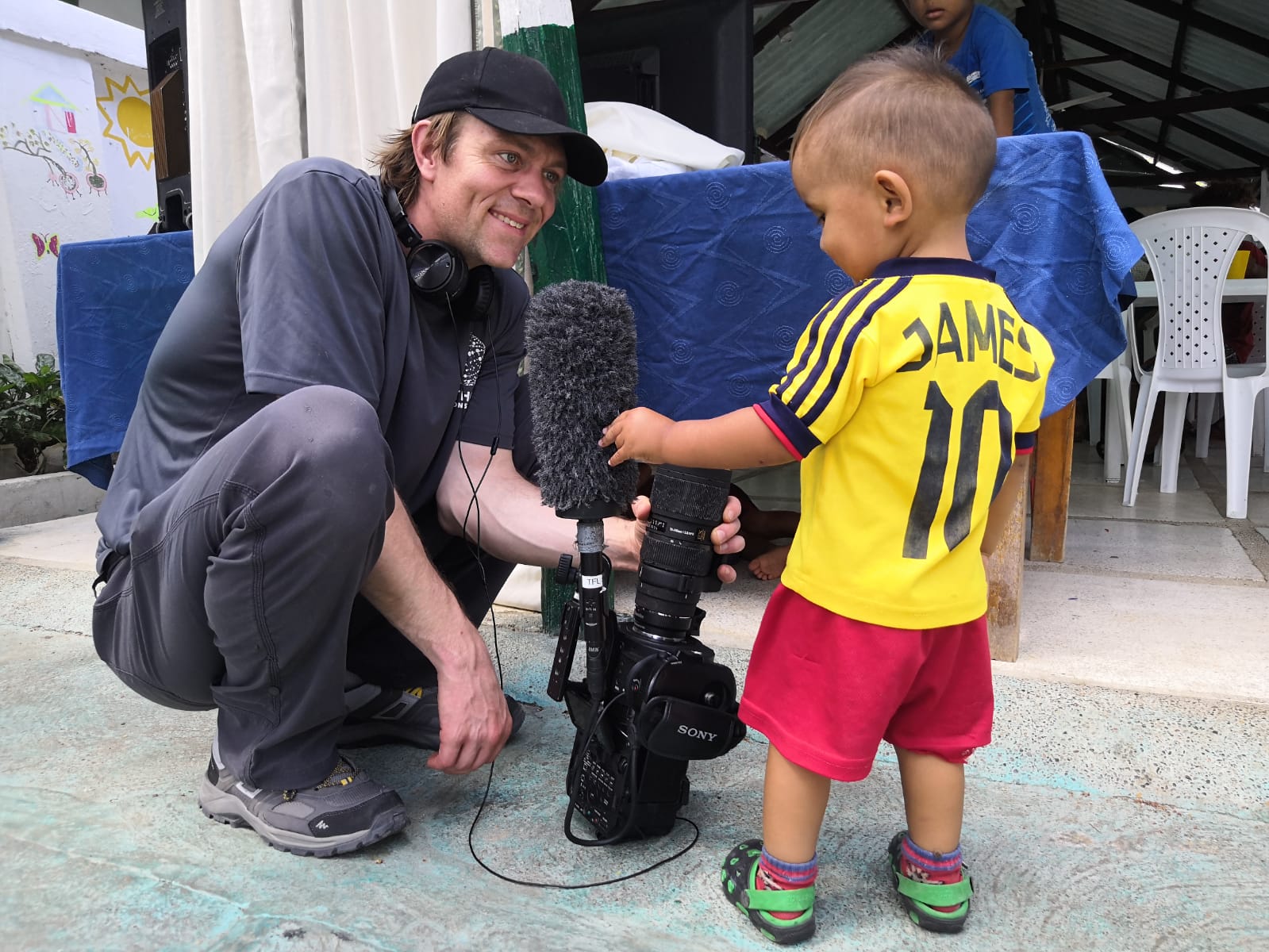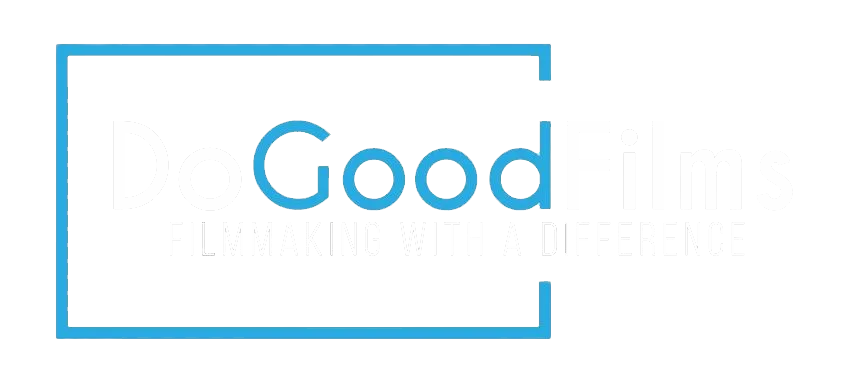WHEN INFORMATION IS PROTECTION
My first foreign job in 2019 was in Colombia with NetHope, a gem of an organization doing everything tech for humanitarians and populations in need anywhere in the world. Last year we spent time with them in Uganda where they supported NGOs responding to the South Sudanese refugee crisis, documented and helped in disaster connectivity training in Panama and hang out with them in cheeky Dublin where they discussed how to apply digital transformation to the humanitarian sector. Recently I met with them in Palu after the Indonesia’s earthquake and in Beira, where they coordinated NGOs connectivity after cyclone Idai. NetHope is both an interface between the tech sector and non-profit community as well as a hard core field team deploying communication technology in disaster zones all over the world.

So why Colombia?
Colombia has become the largest recipient of the millions of migrants leaving Venezuela on their quest for better life and sometimes mere survival. Venezuela has now made history for all the wrong reasons. With eye popping 8 million per cent inflation, it has ranked as the world’s most miserable economy in Bloombeg’s weirdly named ranking. It’s currency is so worthless local artists in Maicao make bags and art of it. On the human side of the numbers are extreme poverty, hunger, endless power cuts, empty shops and lack of medicines, population in dire need of humanitarian assistance while the political elites are playing proxy games with the US, Russia and China. The huge population is a collateral damage in this power play and many are voting with their feet.
The scale is staggering. Some 4 million Venezuelans have fled into the region and puts the migrant crisis on equal footing with more well known crises such as Syria or South Sudan. It is Western Hemisphere’s largest humanitarian crisis yet one largely invisible outside the region.
Around a million of them have found refuge in Colombia. NetHope responded to the calls from its members overwhelmed with the influx of people. Connectivity plays a dual role in the process enabling NGOs to respond more efficiently and also providing lifeline to the migrants who need to connect with their families both in Venezuela and further in the region and explore safe migrations routes. A country like Colombia that is only recovering from an decades long armed conflict and awash with drug lords looking for recruits provides many traps for vulnerable and often undocumented migrants. Information in this context means protection and NetHope and its members are well aware of that.
I joined a deployment team in Riohacha and Maicao, border towns in La Guajira state in the north of Colombia which Venezuelans often use as entry points into the country. The projects was a great example of collaboration in action. NetHope’s members identified sites that needed connecting, its partners such as Cisco, Ericsson, Team Rubicon and Facebook provided manpower and technology to install while others such as Microsoft gave funding and in two weeks they connected sixty sites, 20 organizations and tens of thousands of users to internet. My role was to document it and package it into a narrative that doesn’t just provide a corporate pat on the back but serves as a call for more support. The needs are far bigger than those we were able to meet and the whole region: Peru, Brasil, Ecuador would greatly benefit from NetHope’s work. Let’s hope this video plays its role in attracting more support for the millions of people who are in desperate need of it.
As always, we’d love to hear your thoughts and suggestions! Share them in the comment box below!
The DoGoodFilms team
Got a cause you’d like us to film? Find out more about Ivo or CONTACT US!
E-mail: ivo@dogoodfilms.org
Phone: +44(0) 783 778 8646
CONNECT WITH US!





